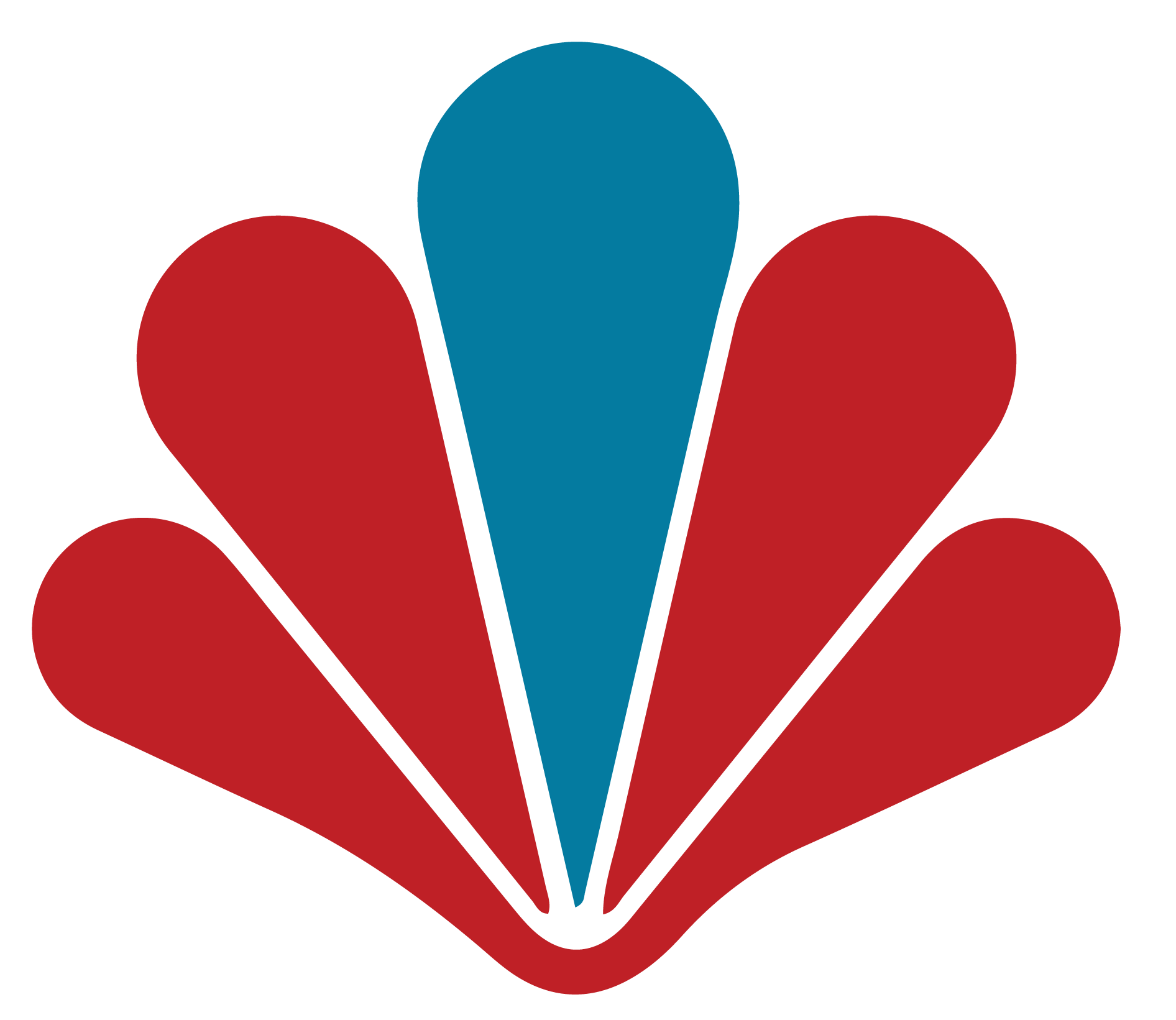

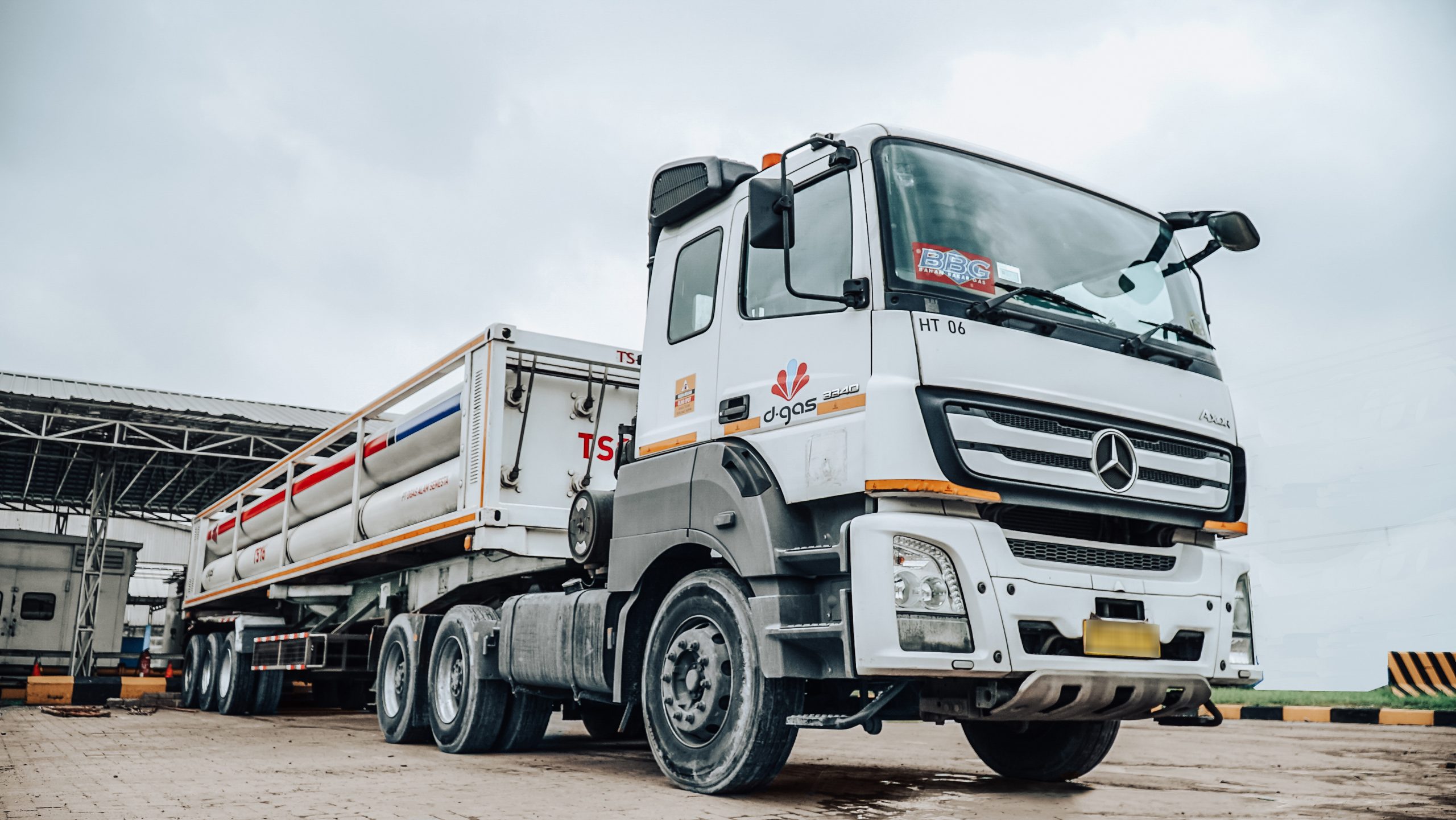

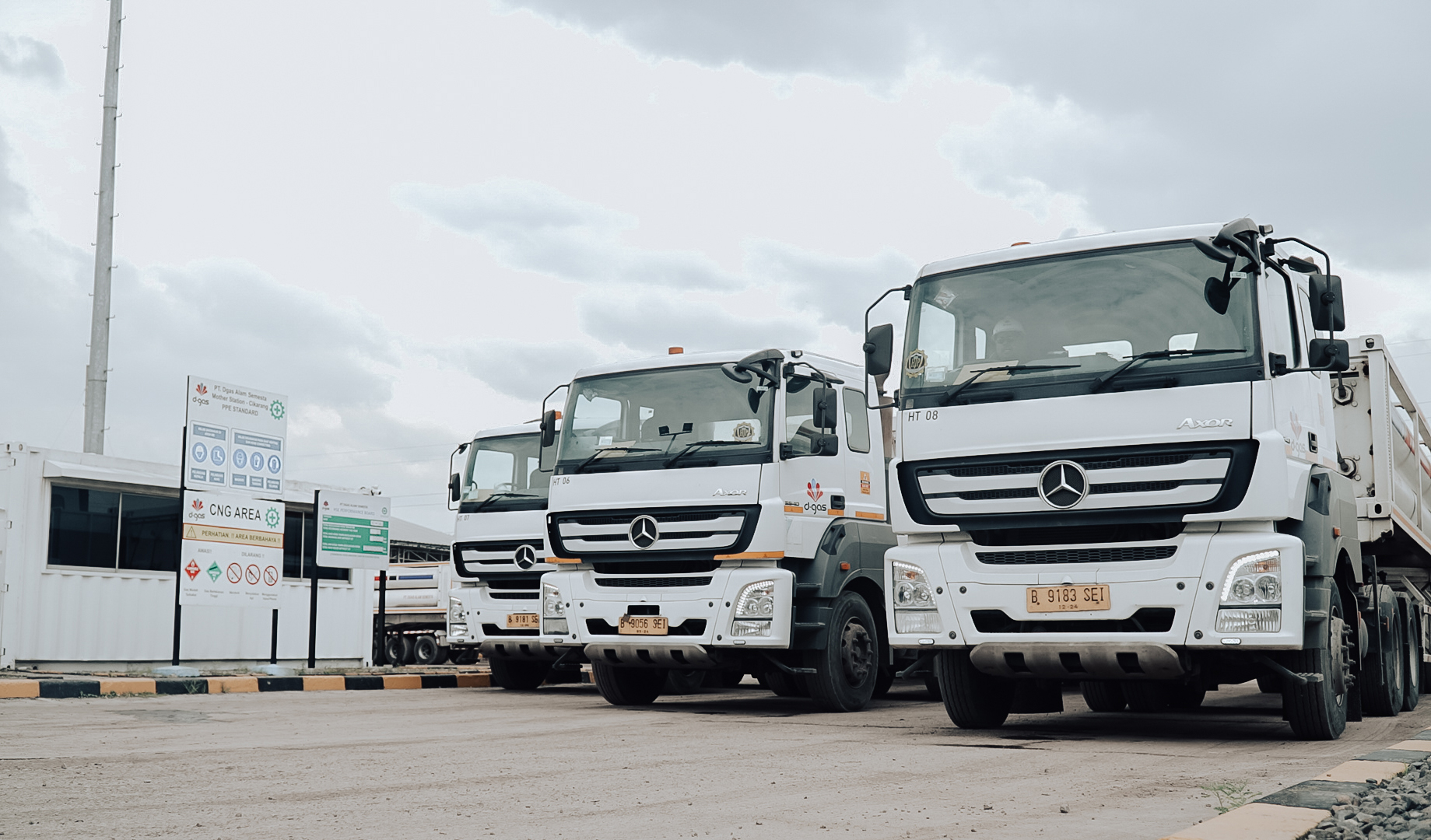

Mobile Natural Gas (“MNG”) is a method of transporting natural gas to end-users via road, rail, and sea transportation modes. In compressed or liquefied form, MNG complements pipeline infrastructure as the “last-mile” delivery system. It also provides an alternative option to end-users who have no access to natural gas pipeline infrastructure (in the highlands, interior, or newly developed business parks).

Liquefied natural gas (LNG) is natural gas (predominantly methane, CH4, with some mixture of ethane, C2H6) that has been cooled down to liquid form for ease and safety of non-pressurized storage or transport. It takes up about 1/600th the volume of natural gas in the gaseous state.

CNG is made by compressing natural gas, which is mainly composed of methane (CH4), to less than 1% of the volume it occupies at standard atmospheric pressure. It is stored and distributed in hard containers at a pressure of 200-250barg (2,900–3,600 psi), usually in cylindrical or spherical shapes.

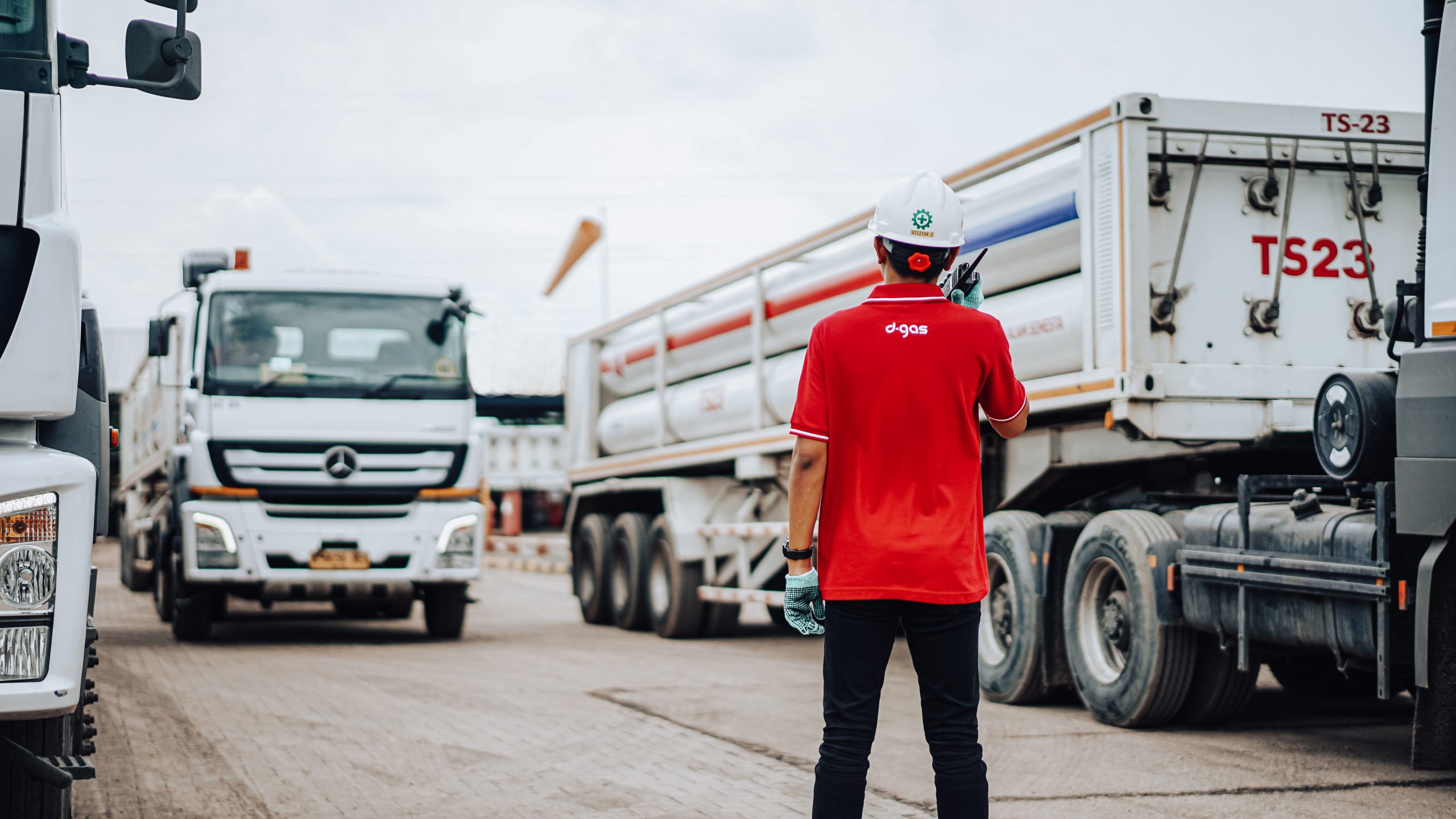
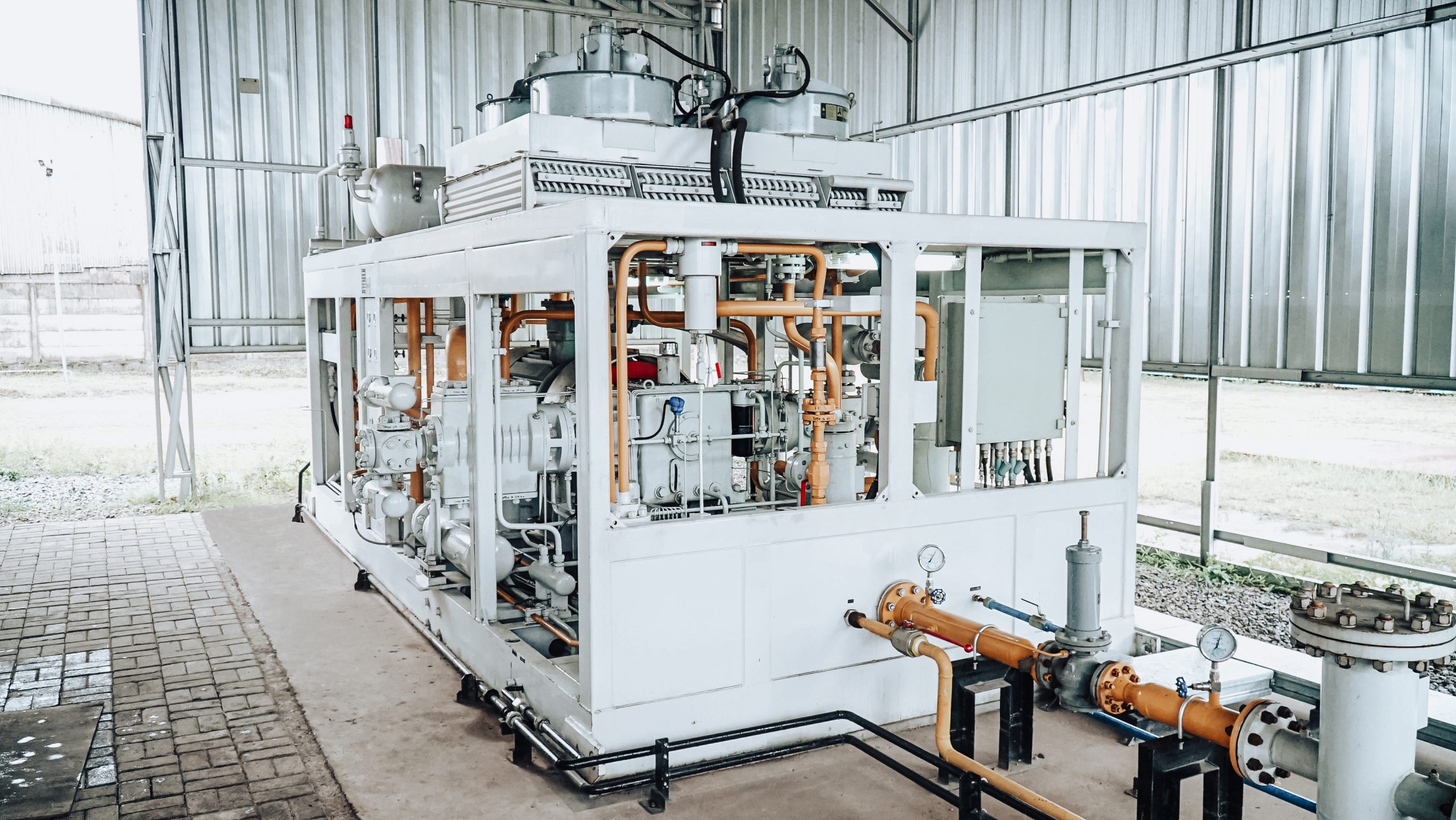
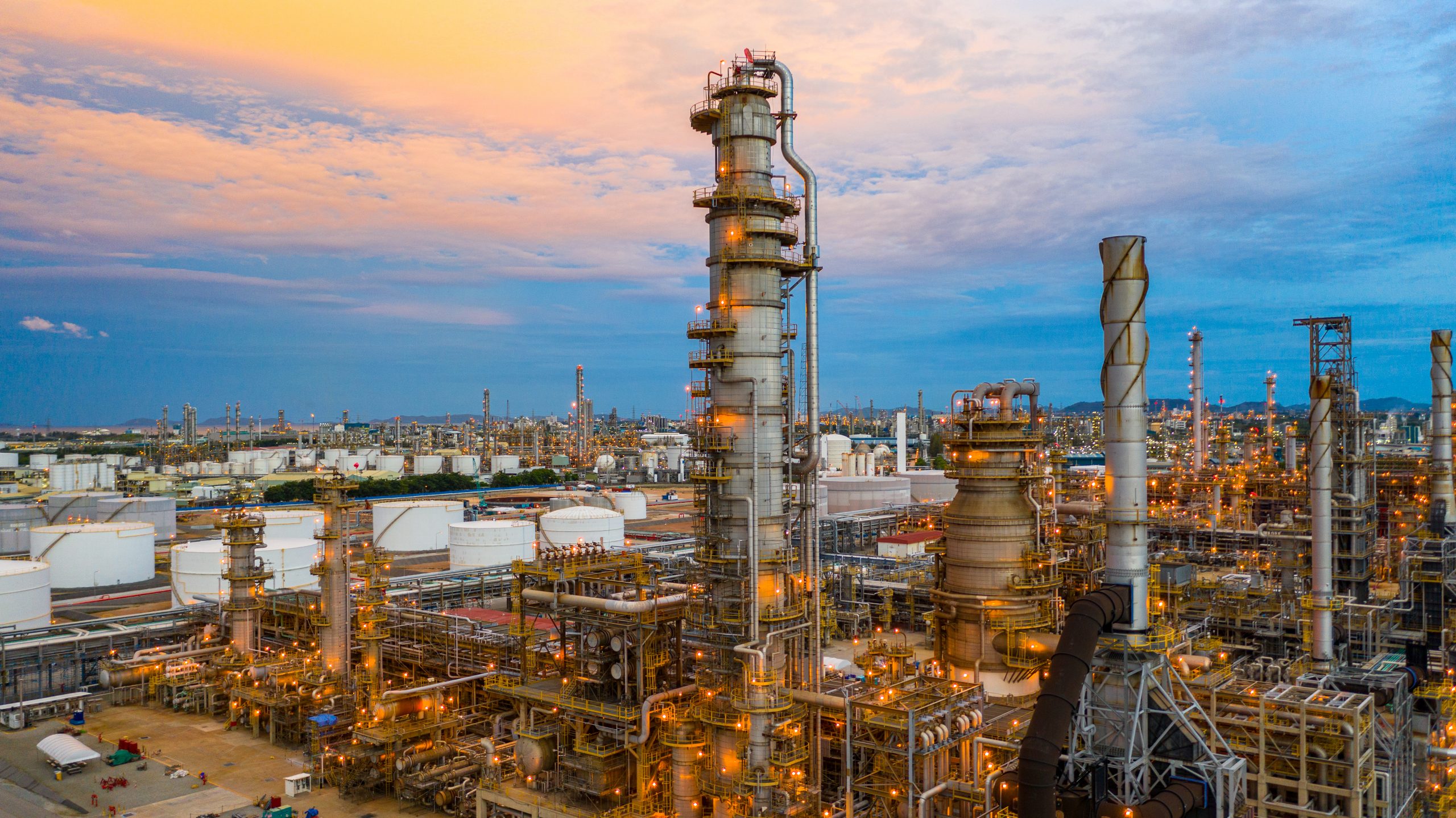

Energy is an essential need for industries. As long as business activities take place, there is always a need for energy. DGAS can support business owners’ activities by providing a cheaper energy source compared to other carbon fuels; it is also cleaner.
The development of Gas-to-Power projects, together with co-generation and tri-generation, will help the customer optimize the use of natural gas for its business. Using cutting-edge technologies, DGAS can harness each process by-product to generate additional value-added products for the customers.
As a world-class CNG provider, we are ready to support the industry’s needs in providing energy solutions that are cleaner, cost-effective, and more efficient.
DGAS operates on a platform that provides stakeholders with 'real-time' operational data to assist with day-to-day needs. With these data, all stakeholders will be able to foresee and mitigate any daily operational risks.
DGAS utilizes a web-based tracking system that monitors its entire CNG delivery systems. This system enables the control center to estimate delivery times, road congestions, drivers' driving behavior, and other crucial data.